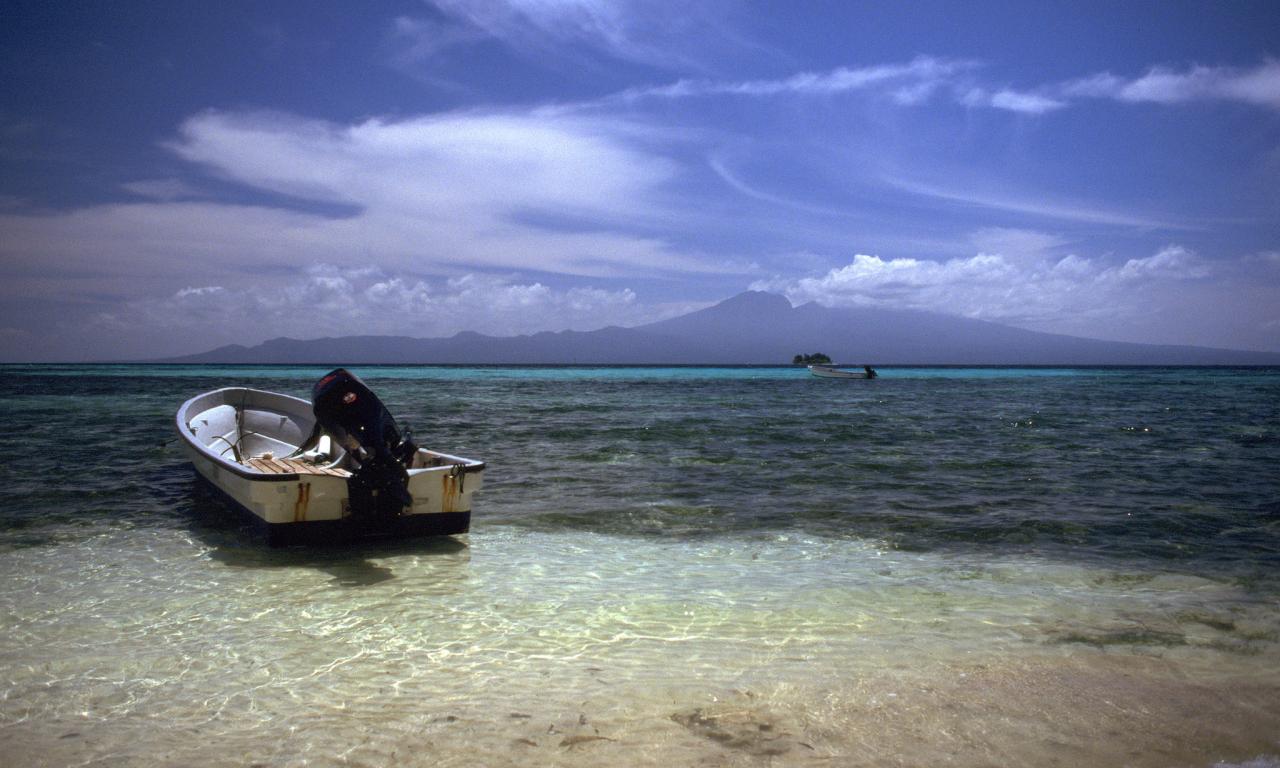
A reset on ocean governance is needed to support a healthy and thriving relationship between humans and the ocean, a new paper published in Nature Communications argues.
Oceans are crucial for global food, nutrition and economic security, but its resources are not distributed fairly. This inequality increasingly endangers ecological sustainability, economic development and long-term political and social stability.
The research calls for a new relationship between humanity and the ocean to secure the continuity of the diverse life support roles provided by the sea.
Equity must be prioritized if the ‘blue economy’ is to live up to its potential to nourish the people and the planet, said one of the paper’s authors Eddie Allison, the WorldFish Research Chair for Equity and Justice in the Blue Economy.
“Policy, business and nonprofit leaders must make a clear commitment to tackle persistent and increasing inequalities on our seas if we are to secure a sustainable ocean economy,”
“There is the need to re-configure ocean law and management -- so that ocean sustainability emerges from both top-down and bottom-up policy initiatives. A shared vision of the ocean as a ‘commons’, of benefit to all humanity, has to apply at nested scales from local to international,” Allison explained.
“If we do not act to change course, the ocean’s biophysical functions could collapse,” warned the authors of the paper, which was led by Tanya Brodie Rudolf of the Centre for Complex Systems in Transition at Stellenbosch University and Mary Ruckelshaus of Stanford University’s Natural Capital Project.
A myriad of challenges from human-induced climate change and development pressures threaten the earth system, and the ocean in particular is at risk of irrevocable change. The paper tackles the mammoth challenge of how current economic and social systems can adapt to existing pressures and shift ocean governance through the incorporation of niche innovations within and across economic sectors, stakeholder communities and legal and political systems.
“Just as solar panels and electric vehicles were once ‘niche innovations’ in our energy and transport systems there are technological and governance innovations in oceanic systems that could be the seeds of a transition to sustainability and equity,” Allison said.
The researchers pointed to more cooperative ways to manage ocean space, systems of traceability and accountability in fisheries value chains, decarbonizing shipping, and legal innovations such as establishing defensible rights for non-human nature and a human right to a clean environment.
The Nature Communications article is a summary of a blue paper compiled by the authors under the commission of the High Level Panel for Sustainable Ocean Economy (Ocean Panel for short), which is a unique initiative of 14 serving world leaders building momentum toward a sustainable ocean economy, where effective protection, sustainable production and equitable prosperity go hand-in-hand.
Authors of the paper include Tanya Brodie Rudolph and Prof Mark Swilling from the Centre for Complex Systems in Transition at Stellenbosch University, Mary Ruckelshaus from Stanford University’s Natural Capital Project, Edward H. Allison from WorldFish, Malaysia, and the Nippon Foundation Ocean Nexus Center, Earthlab, University of Washington, Henrik Österblom from the Stockholm Resilience Centre, Stefan Gelcich from Pontificia Universidad Católica de Chile and Philile Mbatha from the University of Cape Town.